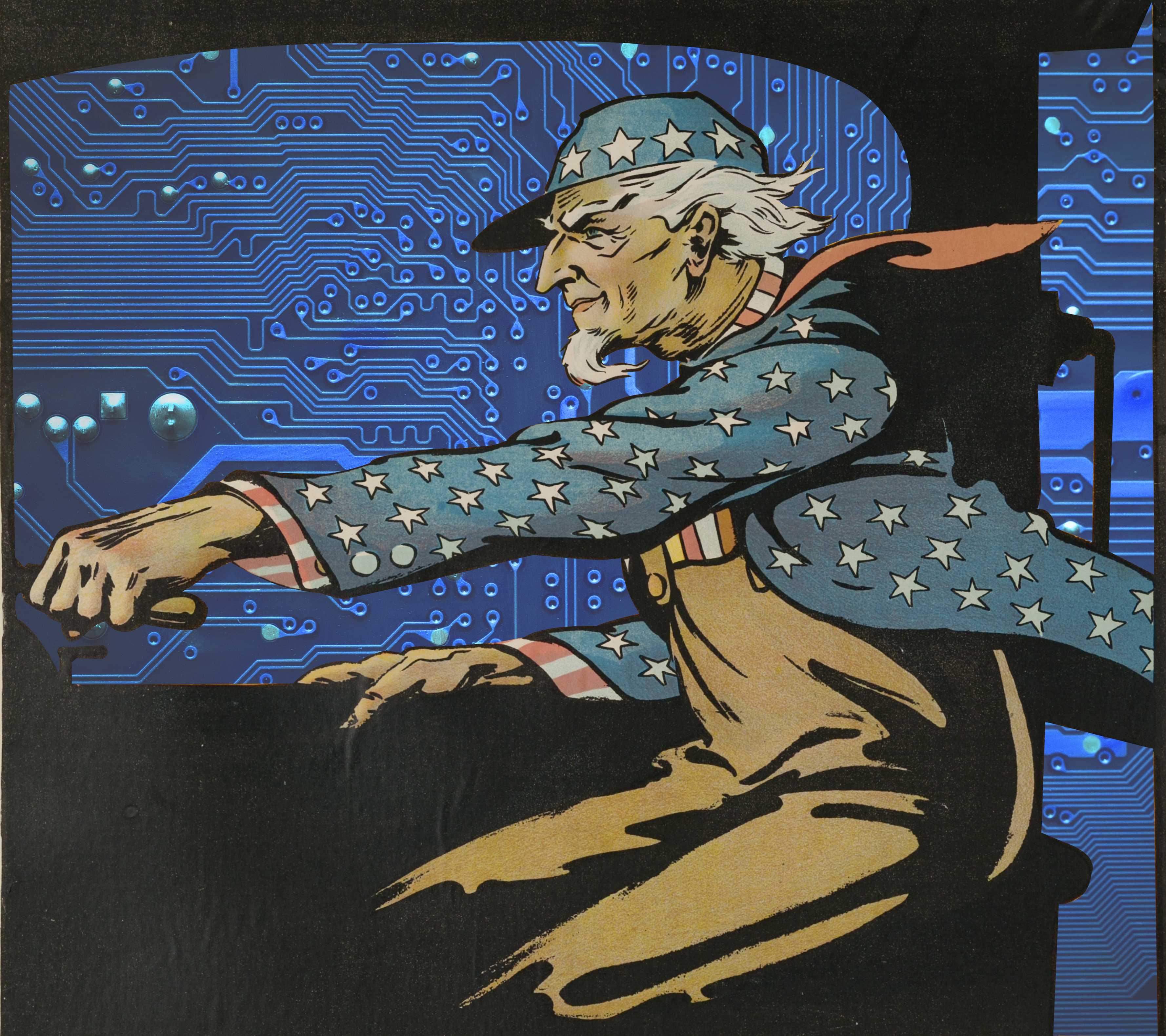The internet and the government are on a collision course. Who will win?
It's innovation against government patronage


A free daily email with the biggest news stories of the day – and the best features from TheWeek.com
You are now subscribed
Your newsletter sign-up was successful
A little bit of under-noticed, but highly significant, Silicon Valley news: Andreessen Horowitz, one of the top venture capital firms in the Valley, hired Ted Ullyot, formerly Facebook's general counsel and a Bush White House official, to help the companies in Andreessen's portfolio deal with regulatory issues.
Why is it so significant?
Because it is one data point in a very important trend: the collision course between the internet and the government.
The Week
Escape your echo chamber. Get the facts behind the news, plus analysis from multiple perspectives.

Sign up for The Week's Free Newsletters
From our morning news briefing to a weekly Good News Newsletter, get the best of The Week delivered directly to your inbox.
From our morning news briefing to a weekly Good News Newsletter, get the best of The Week delivered directly to your inbox.
In billionaire futurist Peter Thiel's famous phrase, Western nations in recent decades have increasingly regulated the world of "atoms" but largely left alone the world of "bits." This has led to tremendous innovation in the world of information technology and the internet, since it was left alone to work its magic.
But this was only the first phase of the process. As another Silicon Valley gazillionaire and visionary, Marc Andreessen, put it: Software is eating everything.
By this, Andreessen means that while there has been tremendous innovation in the internet, it mostly was confined to the world of information technology, whether it was replacing on-premises software with online software or improving corporate e-mail. Until now, that is: internet innovation is shaking up other industries and rearranging them, particularly through the ubiquity of smartphones.
So, for example, the first generation of websites made it easier and cheaper to book flights and hotels. Now Airbnb is redefining what a hotel is.
A free daily email with the biggest news stories of the day – and the best features from TheWeek.com
Contemplate the fact that Disney — Disney! — had to buy a software company, Pixar, to remain relevant in the world of animation.
Uber is a company that exemplifies this shift from the world of bits to the world of atoms, as well as the internet's collision course with the government. Uber is a software company that is very much changing the world of transportation. And it is very much a company that is challenging government regulations and protections, which in this case benefit taxi cartels.
This shift is going to be a big culture shock for both sides. Silicon Valley entrepreneurs have mottos like "Move fast, break things." Government officials have, shall we say, a different kind of temperament.
And internet innovation, by its very nature, tends to not just shake up industries in the abstract, but to undermine incumbents specifically and replace them. In far too many industries, incumbents have regulatory moats protecting them.
Airbnb, for example, has ran afoul of regulations protecting hotels and landlords, which prevent everyday people from renting out their apartments. Uber has famously butted heads with taxi cartels in almost every single jurisdiction where it operates.
The way these controversies have played out has been instructive. Typically, the service takes advantage of a gray area in the law to operate semi-legally or even illegally. It's actually key to do this, because it enables the service to grow to the point that it has a constituency of users, customers, and partners that is significant enough to push for a political challenge to the law.
People simply love Airbnb and Uber, and so if politicians want to shut them down to please their special interest allies, that makes it all the more harder. More often there is a compromise — but once compromise has been reached, the company comes right back for more.
So who will win? The internet or the government?
The answer will depend on the specifics of each sector. But by and large, society has benefited greatly from innovation that has been given free rein, while political gatekeepers have more often favored special interests over the general interest. So, two cheers for the internet.
Pascal-Emmanuel Gobry is a writer and fellow at the Ethics and Public Policy Center. His writing has appeared at Forbes, The Atlantic, First Things, Commentary Magazine, The Daily Beast, The Federalist, Quartz, and other places. He lives in Paris with his beloved wife and daughter.
-
 Bad Bunny’s Super Bowl: A win for unity
Bad Bunny’s Super Bowl: A win for unityFeature The global superstar's halftime show was a celebration for everyone to enjoy
-
 Book reviews: ‘Bonfire of the Murdochs’ and ‘The Typewriter and the Guillotine’
Book reviews: ‘Bonfire of the Murdochs’ and ‘The Typewriter and the Guillotine’Feature New insights into the Murdoch family’s turmoil and a renowned journalist’s time in pre-World War II Paris
-
 Witkoff and Kushner tackle Ukraine, Iran in Geneva
Witkoff and Kushner tackle Ukraine, Iran in GenevaSpeed Read Steve Witkoff and Jared Kushner held negotiations aimed at securing a nuclear deal with Iran and an end to Russia’s war in Ukraine
